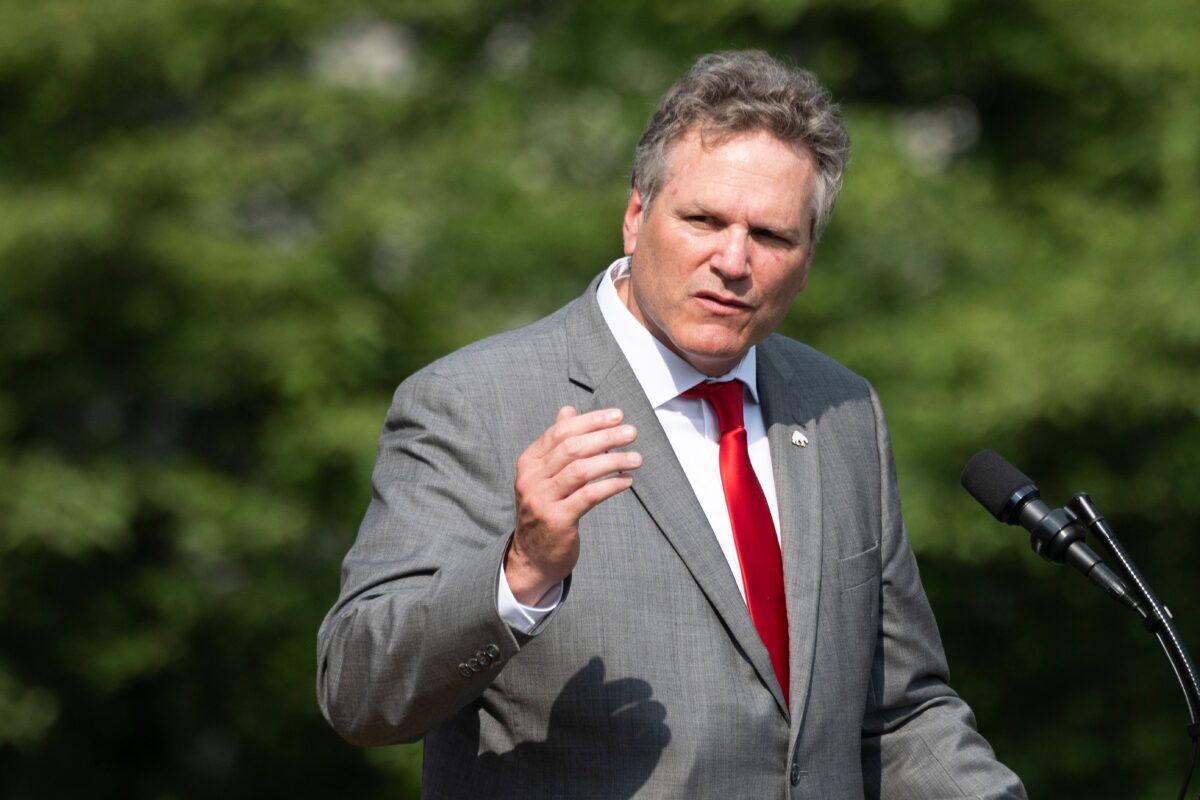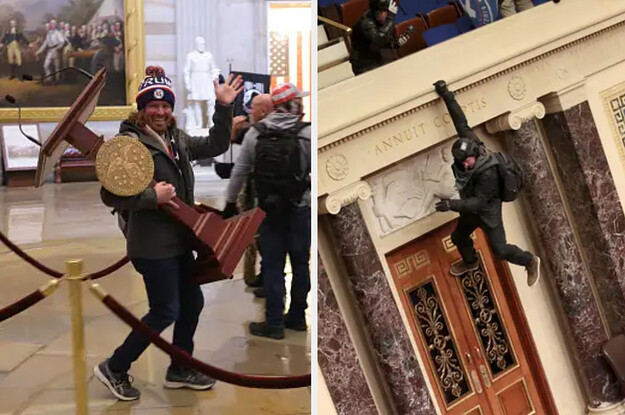The Alaska Supreme Court on July 16 ruled that the recall against Gov. Mike Dunleavy can go forward.
A recall committee filed an application to remove the governor, alleging he lacked fitness, was incompetent, and neglected his duties. The Alaska Division of Elections denied the application, saying that it was not legally or factually sufficient.
The recall committee challenged the division’s decision in the state’s superior court, which ruled the recall application was valid. The state appealed the court decision to the Alaska Supreme Court, which ruled on Friday that the allegations in the recall petition “are legally sufficient and satisfy the particularity requirement.”
Dunleavy, a Republican, has 17 months left in his term.
Whether Dunleavy’s detractors have made their case that his alleged shortcomings—that he is incompetent and corrupt—justify his removal from office is up to the voters, the court said.
“The people asked to sign petitions must decide whether the allegations are serious enough to warrant a recall election; each voter in the voting booth must decide whether the allegations are serious enough to warrant removal from office,” the court opinion said.
Dunleavey blasted the decision in a statement released on Friday.
“The Alaska Supreme Court today issued an opinion that creates a standardless recall process, subjecting elected officials at every level, and across the political spectrum, to baseless, expensive, and distracting recall elections by their political opponents,” the governor said, according to Alaska Daily News.
“The court has made it clear that even plainly false allegations of wrongdoing can trigger this process, undermining our election process, and prevents our elected officials from focusing on the many serious issues facing Alaskans,” the governor added.
To qualify a gubernatorial recall for the Alaska ballot, campaigners must satisfy a two-phase test, gathering petition signatures totaling 10 percent of votes cast in the previous statewide election and, subsequently, gathering signatures totaling 25 percent of the votes cast. The Recall Dunleavy campaign reported it had 81 percent of the required second-phase signatures as of April.
Reuters contributed to this report.
Follow Ivan on Twitter:
Follow Ivan on Parler:
Originally found on Epoch Times Read More







